YOUTHOPIAS – Exploring Youth Perspectives on Sustainability Through Playful Participatory Mapping
Kuching, Sarawak, Malaysia – [9 March 2024] – Universiti Malaysia Sarawak (UNIMAS), specifically the Institute of Borneo Studies (IBS), is collaborating with Coventry University (UK) and the University of Sao Paulo (Brazil) on a research project titled “YOUTHOPIAS – Exploring Global Youth Perspectives on Sustainability Through Playful Participatory Mapping.”
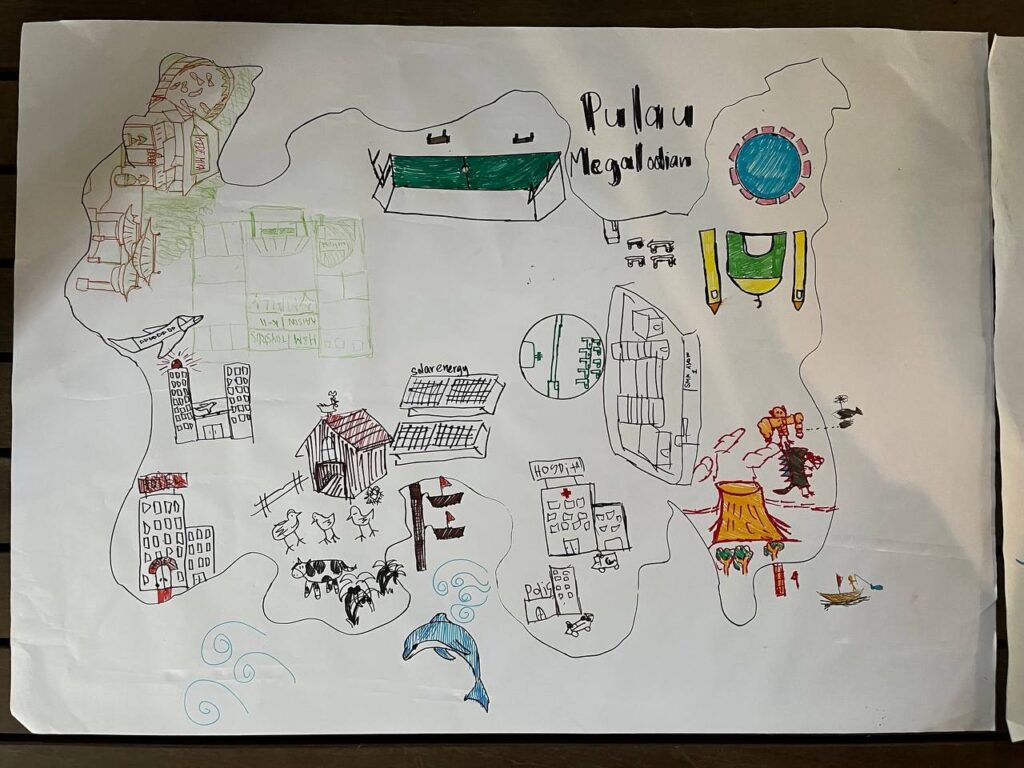
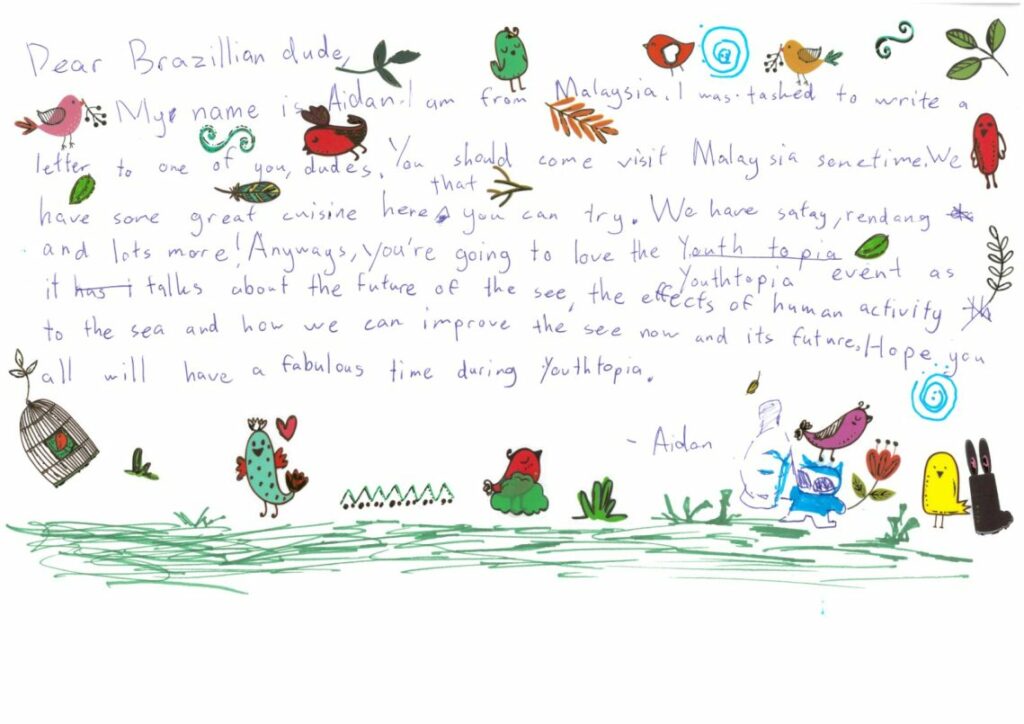
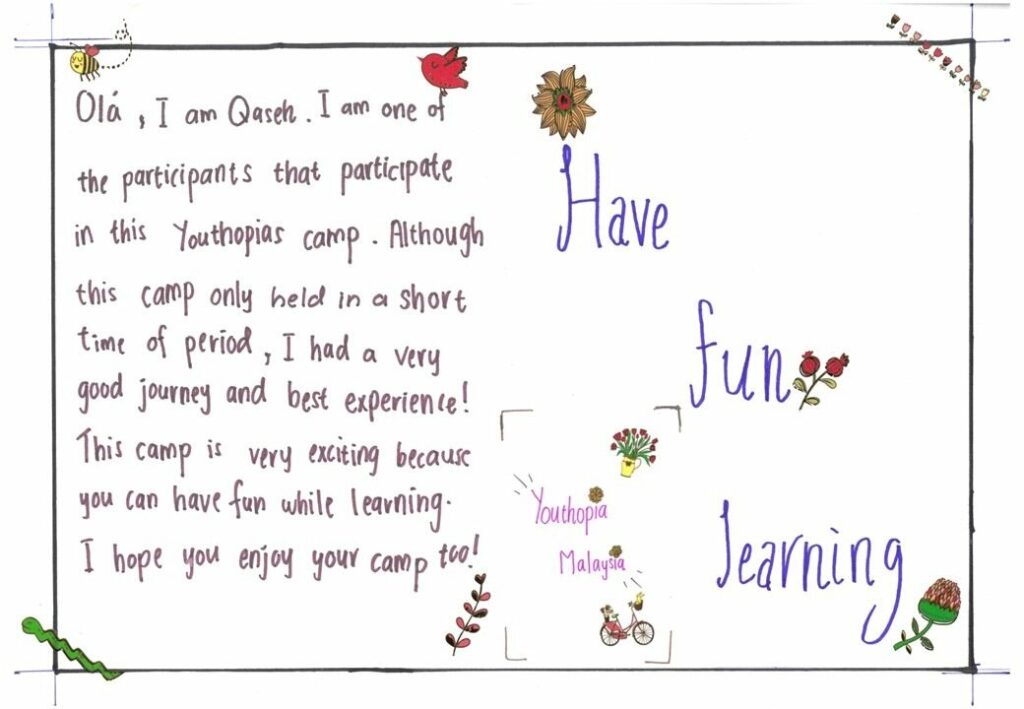
The project, led by Dr Luca Morini (Coventry University, UK), Prof. Gilson Schwartz (University of Sao Paulo, Brazil), Prof. Fitri Suraya Mohamad, and Assoc Prof. Dr Aazani Mujahid (UNIMAS), aims to develop a methodology for understanding young people’s perspectives on sustainability challenges and their potential solutions.
YOUTHOPIAS involves workshops aimed at educators, research assistants, and community workers. It uses Playful Participatory Mapping with young people aged 14-17. The project focuses on two locations (Sarawak and Sao Paolo) and involve around 20 participants at each site.
The project’s outputs, including concept maps, scenarios, and intervention ideas, will be shared online to promote discussions and inform future work.
This project is funded by Coventry University’s Research England ODA (Official Development Assistance) grant and is expected to contribute to developing a more robust research proposal for an upcoming grant application.
In Sarawak, the research activity kicked off at Siniawan, 30 km from Kuching, where 17 youths from villages by the sea, specifically Santubong, were invited to participate. The programme, themed “The Future of Our Seas,” was conducted at the idyllic Serembu Eco Park, where the youths spent their time talking and thinking about climate change and their roles as the next generation to inherit Earth.
According to the UNIMAS project lead, Prof Dr Fitri Suraya Mohamad, the programme with the Santubong youths was an immense success. “The youths were very active and inquisitive about learning Climate Change”. In the two-day programme, they had input from Assoc Prof Dr Aazani, a renowned marine scientist, who spoke about how climate change has affected both humans and animals’ lives on Earth. Two representatives from Sarawak Forestry, both UNIMAS Alumni, shared their knowledge and work scope about Climate Change and its challenges to our flora and fauna in Borneo. The youths collaboratively produced maps of their dream environment of the future of the Bornean seas. At the end of the programme, the youths created postcards for their new friends in Brazil, to introduce themselves and their ideas about the future of the seas.
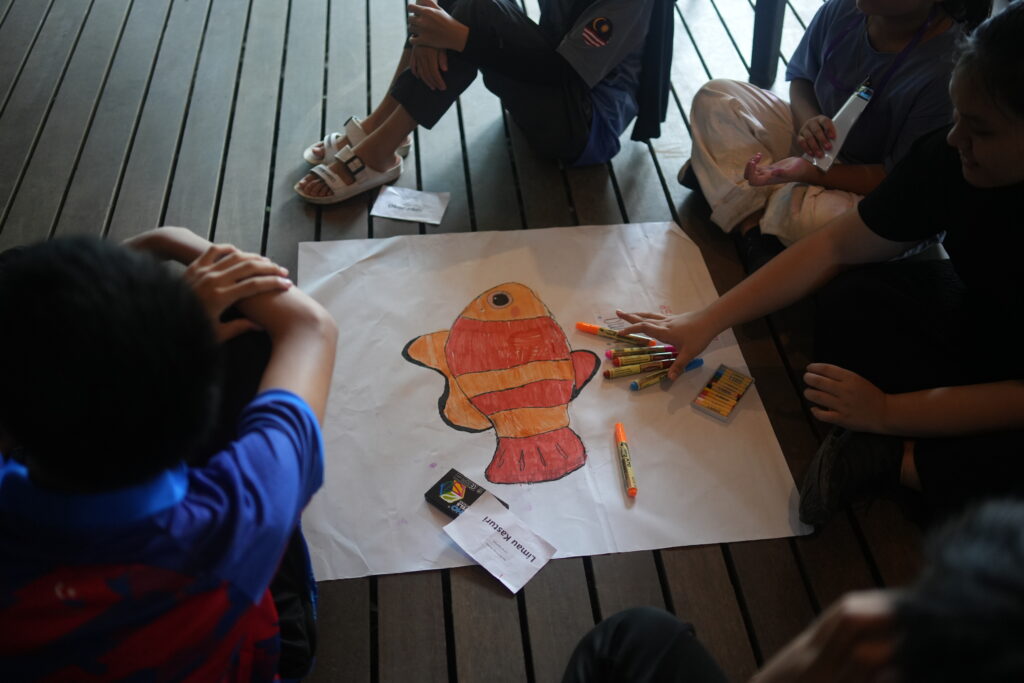
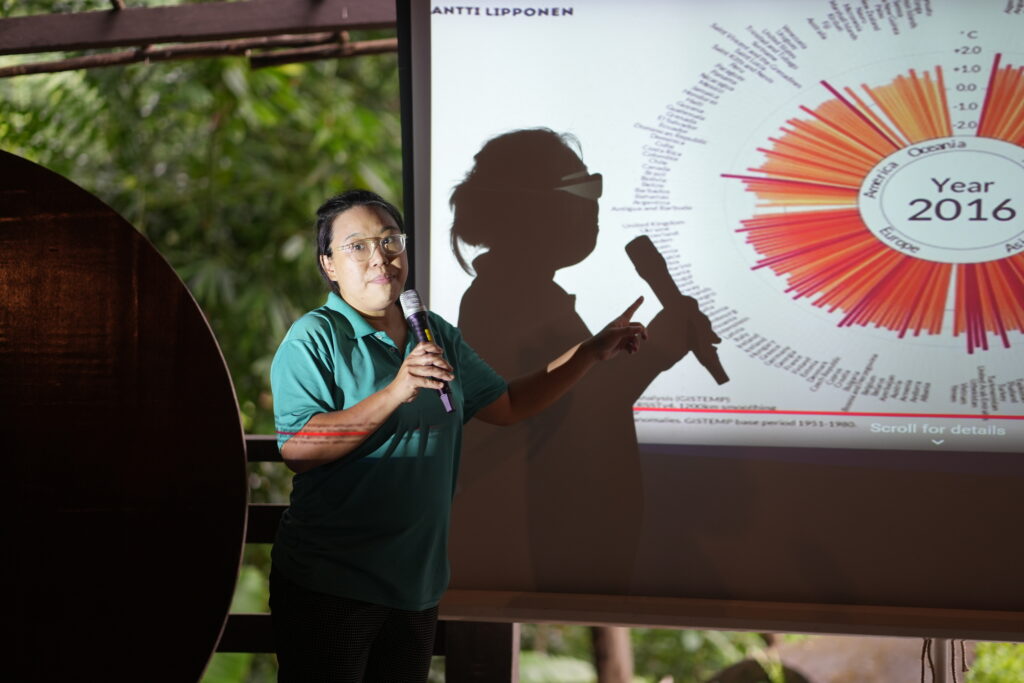
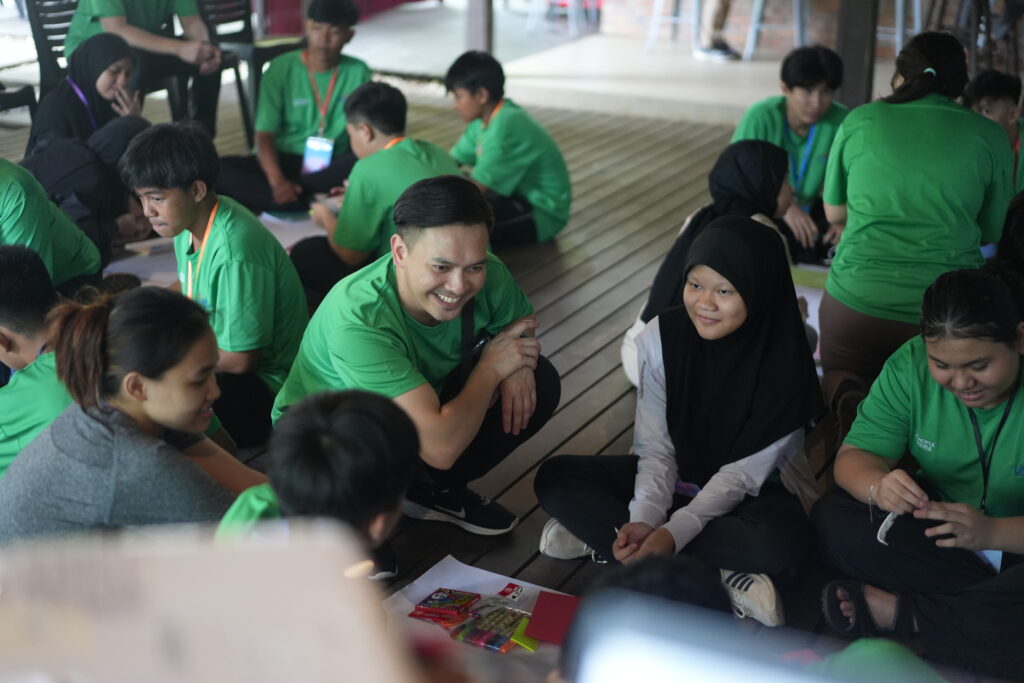
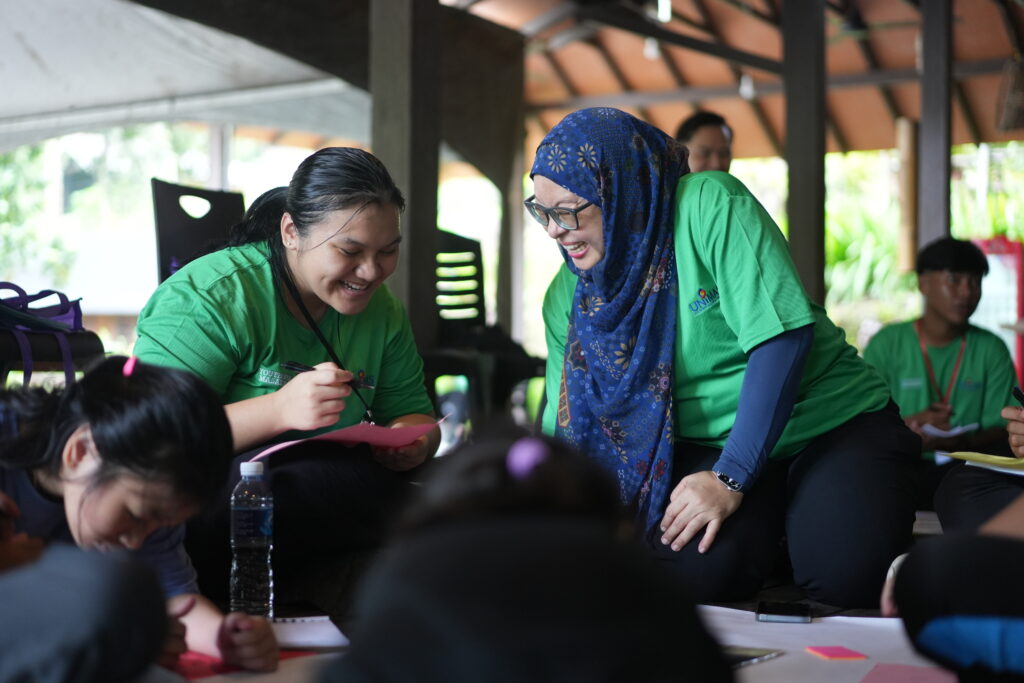
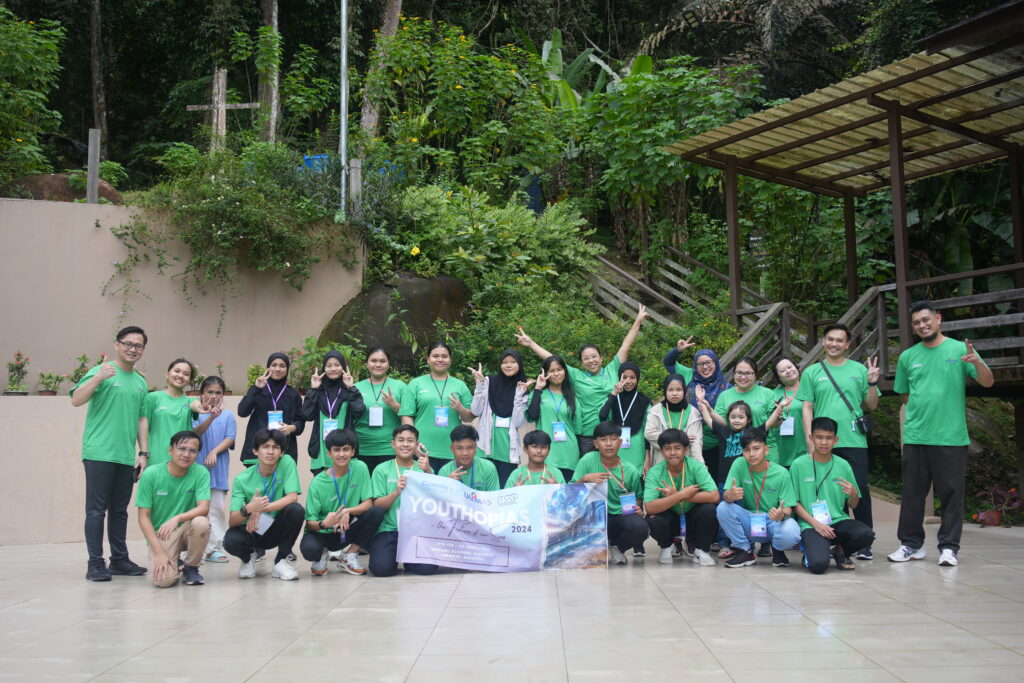
On the 5th of March, an introduction to the same programme was held at the junior high school José Belarmino Sobrinho, which serves local rural and Indigenous communities in the coast north of Ubatuba, a municipality of the state of Sao Paolo, Brazil. Here, 25 youths and 2 teachers participated in the first steps of the project activity, creating collective maps of “The Future of our Communities and the Sea”, playfully representing scenarios, key landmarks and aspects of local culture that are threatened by both aggressive touristic development and climate change. The playful maps were imaginative and showcased the desire of local youth to be active in engaging with their cultural heritage, and in preserving their environment. The teachers and the head of school also had their first exposure to playful learning approaches, finding them a powerful opportunity to enrich their work and engage more with local culture and communities.
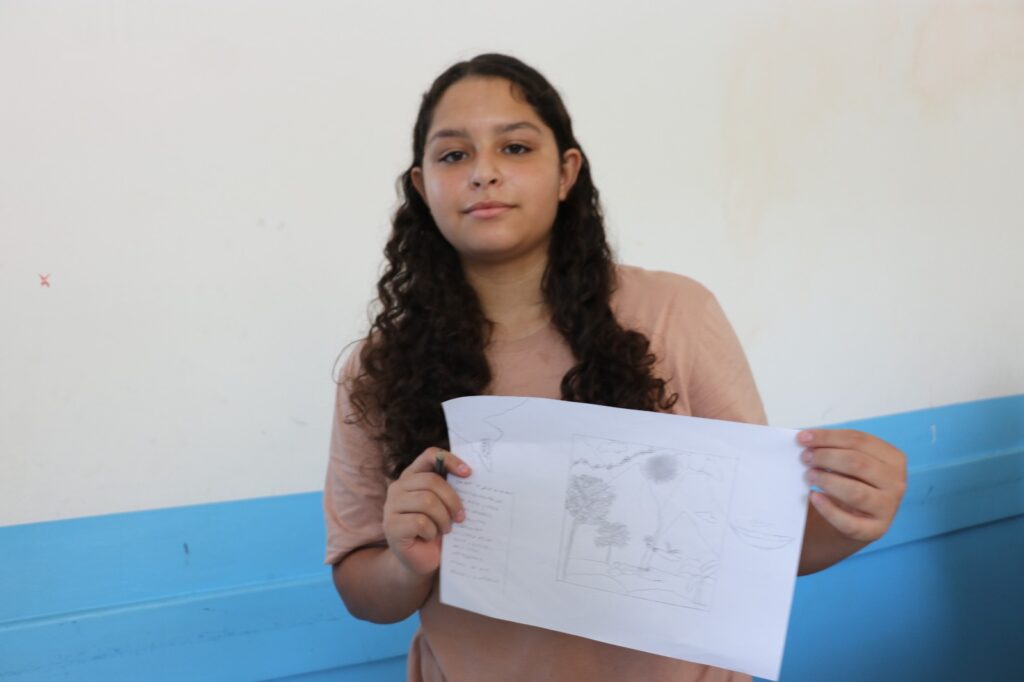
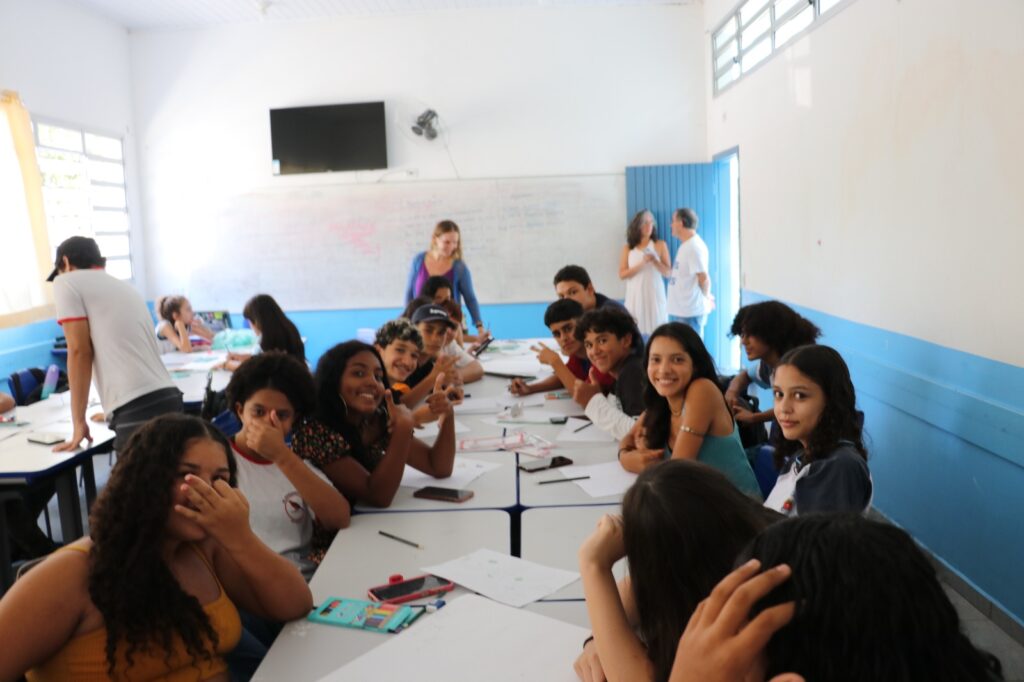
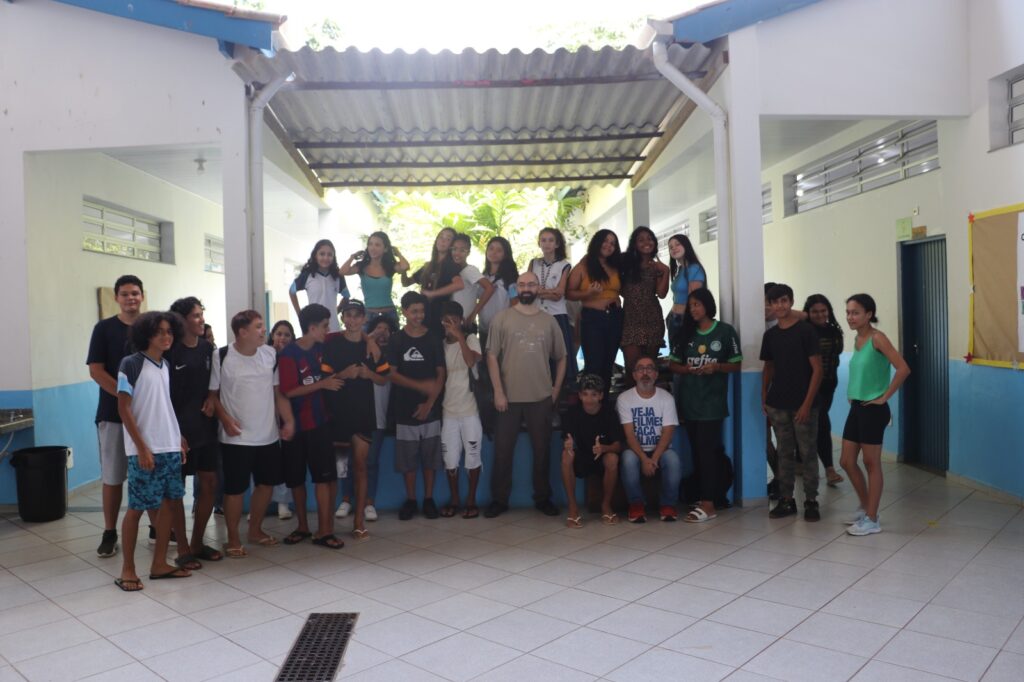
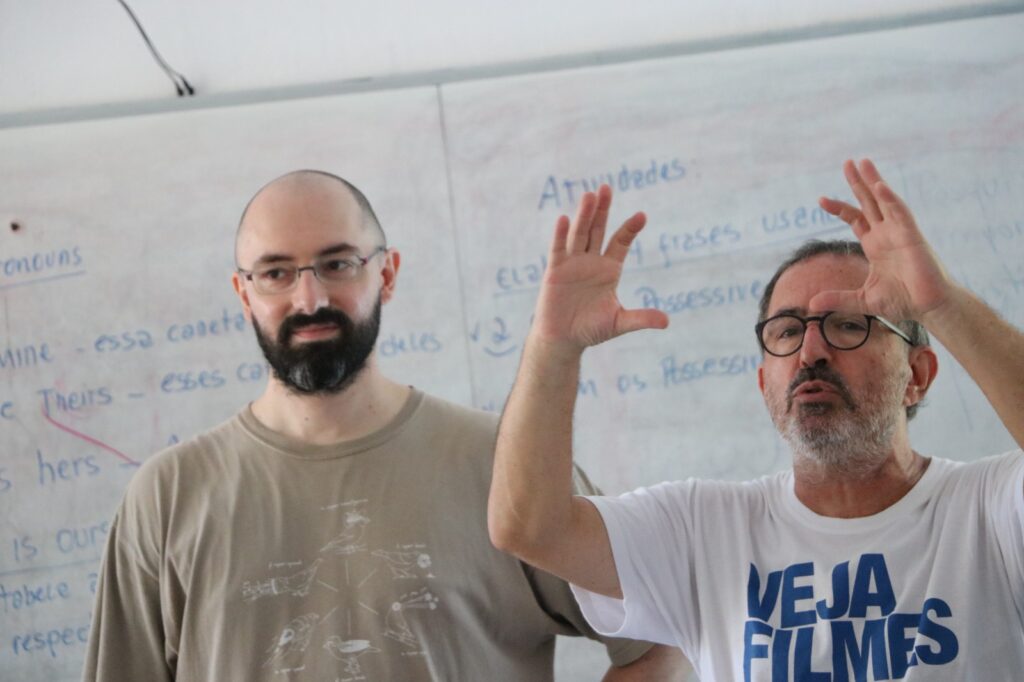
Following the outcomes of the workshop, networking with local communities was conducted, so that further playful activities will be progressed in the first week of April. Playful maps and audiovisuals will be released after the completion of this round of activities.
As the pilot has proven the value and versatility of the approach, we hope to be well placed to generate further funding through a larger proposal, so to upscale and continue co-developing scenarios of climate action envisioned and led by international youth.
This initiative stands as a beacon of empowerment, illuminating the path to a deeper comprehension and proactive stewardship of the precious waters that unite us. It beckons youths from every corner of the world to forge connections over shared challenges, fostering a global dialogue that transcends borders. By harnessing the power of creative thought, we challenge young minds to critically envision the future of our oceans—a future they will shape. This project is not just an opportunity; it is a clarion call for the youth to embark on a noble quest to cherish and protect our seas.